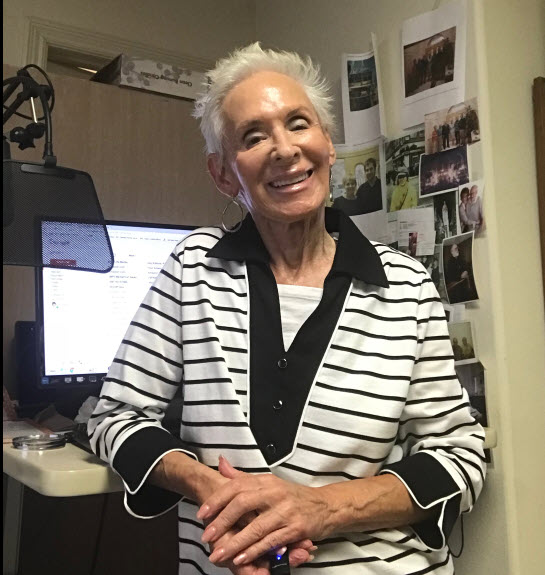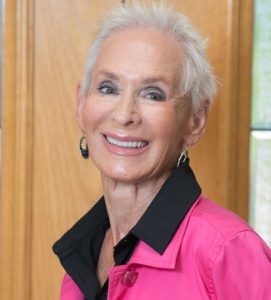

In so many ways, we seal our health fate, and most don’t know what some of those ways are. For example, I think most people have some idea, however minimal, that what we eat and how we use our body over time contributes to what becomes of us later in life. Still, human nature being what it is, calls to “eat better” are empty words, but they are not.
Exercise is the last thing we think about — more about that later.
The thing is, it’s often difficult to “eat better” when we don’t understand what eating better involves. I constantly bemoan the “crap” we all eat over time, but many of us cannot identify what the “crap” consists of. I harp on so-called nutritionally bankrupt breakfast cereals, but it’s much more than that. A recent article gives a good idea of what we do to ourselves.
Ultra-processed Foods Tied to Faster Rate of Cognitive Decline
We learn that ultra-processed foods (UPFs) are high in sugar, fat, and salt and low in protein and fiber. They include soft drinks, salty and sugary snacks, ice cream, sausage, deep-fried chicken, canned baked beans and tomatoes, ketchup (loaded with sugar!) mayonnaise, packaged guacamole and hummus, packaged breads, and chocolate, candy, sweetened breakfast cereals, packaged soups,, chicken nuggets, hot dogs and fries. These culprits are in most shopping baskets and make up the typical American diet. Obesity, anyone? We live on this crap because it’s fast, tasty, generally inexpensive, and fun, and we believe it when sophisticated advertising suggests it’s nutritious.
Okay, what’s good for us to eat? Here are the Top Foods to Add to Your Grocery List, According to Longevity Experts. Believe it or not, you can learn to enjoy simple, nutritious food. And you don’t need much of it — probably less than you think if you are a typical retiree living a typical leisure-oriented lifestyle. Eating three times a day is unnecessary unless you are doing hard physical labor. Baking cakes, pies, and cookies is a traditional activity that didn’t contribute to obesity so much when life was more active.
Here’s the other part of staying well, — exercise. It includes keeping the brain active and challenged; when I say CHALLENGED, that’s exactly what I mean. The brain needs to be kept in a state of regular rigorous activity — solving complex, multi-step problems and figuring things out for yourself instead of asking or expecting others to solve problems for you. Part of the problem is that in many families, younger members assume mom or dad need things are done for them — things they can do for themselves. It’s a trap that’s easy to fall into because human nature prefers ease over effort.
And then, there is human nature at play. While working, I recall a woman telling me, “I’ve done for others all of my life, and now it’s time for others to do for me.” If that is your attitude, you are begging for the self-imposed decline. And perhaps, heartache. Not everyone is as generous as you expect or want them to be. Your motto in old age should be, “I can do it for myself.” You may be surprised to discover how long that attitude will keep you youthful and independent.
The other part of the need to exercise is physical. Consider these two articles: Working Out Harder Could Keep the Brain Sharper and Effects of stair-climbing on balance, gait, strength, resting heart rate, and submaximal endurance in healthy seniors Unless you stay in constant mobile condition, a decision to start exercising can be physically and mentally challenging. But you must do SOMETHING that will help you stay physically loose, strong, and vital. I live in a single-floor house. I wish there were steps. I know I need that because a neighbor lives in a multi-story home. I have discovered that going up and down her stars is a bit challenging — something I know I could conquer if I did the “ups and downs” thing daily. So please don’t shy away from doable physical challenges, do what you can to overcome them. Be a victor, not a victim.
Here is something essential to think about: “I truly love what I do”: World’s oldest doctor still working at 100
How is he able to do what he does? He plans to live forever (knowing that he won’t). He says, “I believe retirement is the enemy of longevity. Even in my younger years, I never once contemplated retirement. When you love what you do and still and still capable of doing it, why would you want to retire”. That’s a question every pre-retiree who loves their work should ask before leaving the work world and entering an existence that facilitates decline. Many retirees can look forward to another 30 years of life. In our culture, retirement is an expectation and goal for most people, but you don’t have to opt for it. Think and plan for the reality of the future. If you do, the rewards are beyond what you might think are possible.
Barbara Morris
Leave a Reply